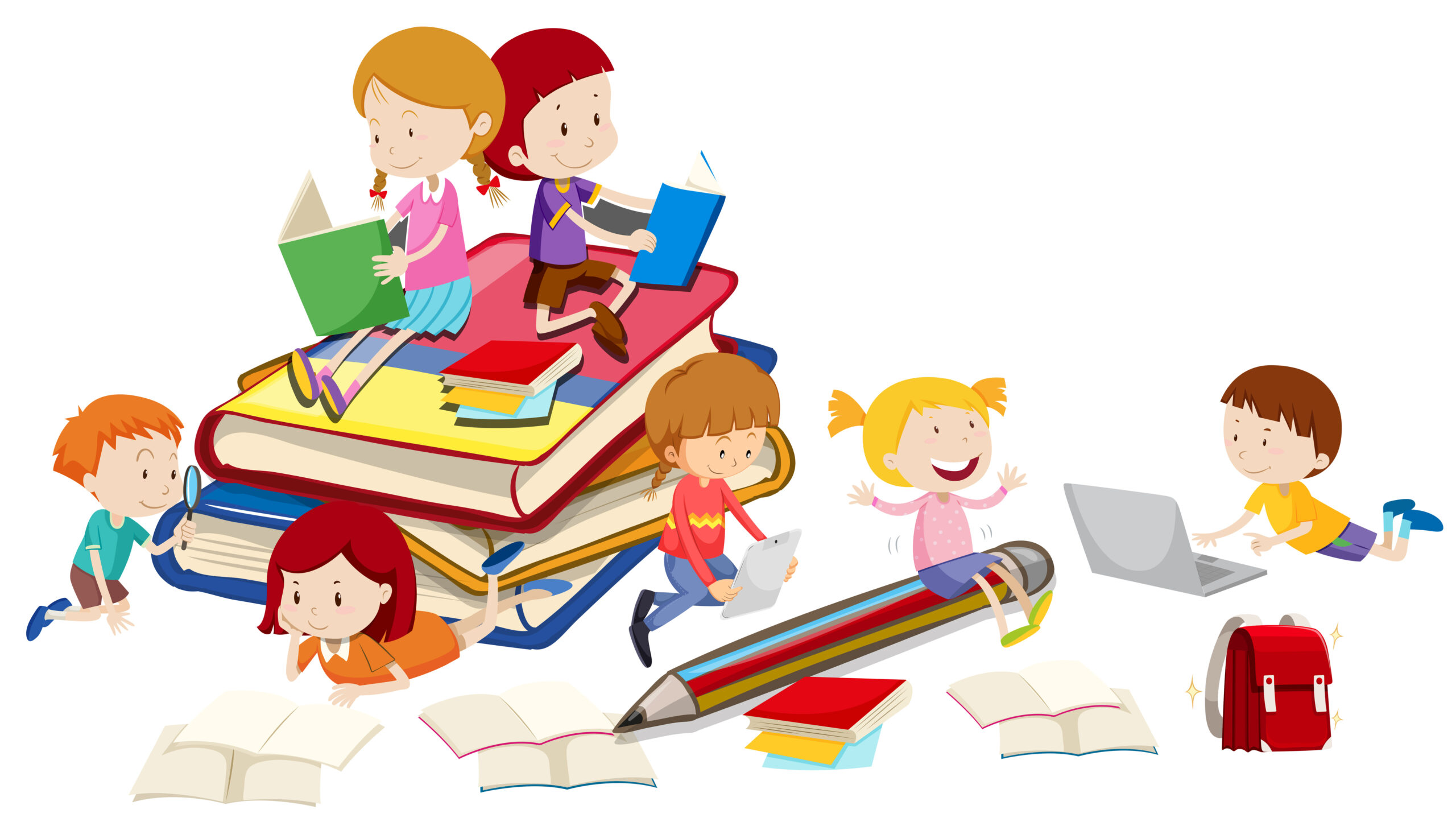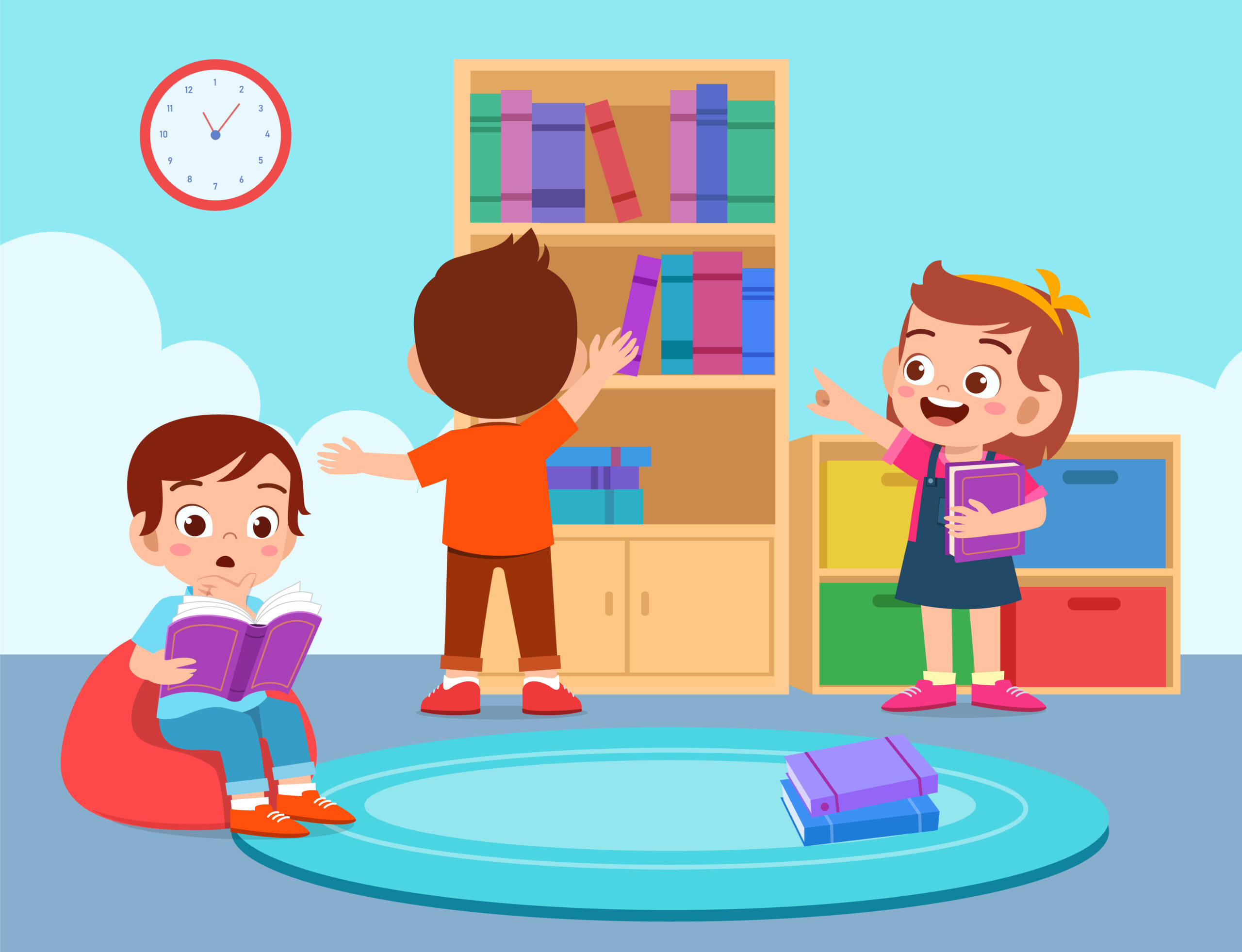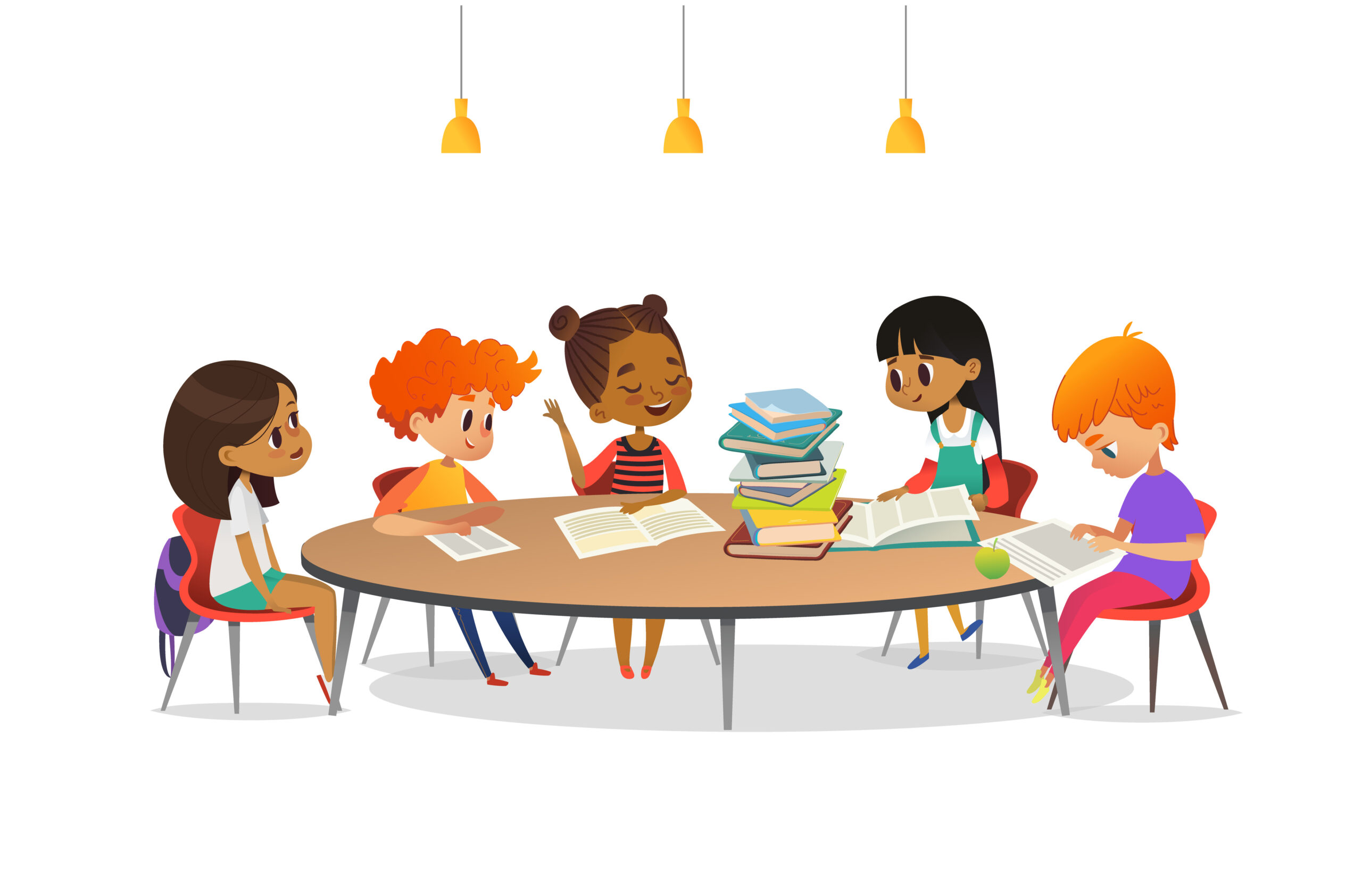
“Today a reader, tomorrow a leader.” ― Margaret Fuller
Reading is one of the most important language skills. It is made up of two key parts – being able to read words and the ability to understand the meaning of the words. It is a complex process, so let’s explore some reading strategies that will help your little one become a confident reader.
What are the different aspects of reading?
A book published in 2018, Teaching Reading in Today’s Elementary Schools, mentions that reading demands a complex set of responses from the reader, such as cognitive, manipulative, and attitudinal. They are:
- Sensory and perceptual aspects. Recognise and figure out the meaning of symbols in front of them.
- Sequential aspects. Keep in mind the grammatical, logical, and linguistic patterns present in written words.
- Experiential aspect. Give meaning to words by relating them to direct, real experiences.
- Thinking aspect. Draw conclusions from a piece of information and make an assessment.
- Learning aspect. Make use of prior knowledge while taking into account new information.
- Association aspect. Understand the relationships between symbols and sounds, between words and their meanings.
- Affective aspect. Consider how the reader’s own preferences may impact the interpretation of the material while reading.
- Constructive aspect. Putting everything together to have a better understanding of the subject.

Reading strategies to help children become confident readers
Reading strategies are crucial because they allow children to actively engage with the text and make the process of reading much more enjoyable and immersive. They are as follows:
- Prediction. Anticipating what happens next in a story after considering what happened so far can be a powerful way of engaging with a book for young readers. Predictions like this might help a child connect with the text on a deeper level. The child can use illustrations as well to predict what will happen next in the story. Here are some prompts that can help a child engage in prediction: I think…, I bet…, I wonder if…, etc.
- Asking Questions. When children are told to think about questions like what, how, where, when, etc. before reading the text, they are likely to read with more awareness, purpose, and focus.
- Clarification or identification. Children may learn to detect and address obstacles to understanding what they read if they are shown how to work their way through complex words. That can be done using techniques such as reading multiple times, searching for context clues in sentences, checking the dictionary, etc.
- Summary. Being able to reconstruct the text in fewer words is critical for developing comprehension skills. Summarising can be a complex task that can be made easier through the following prompts – the main event, problems and solutions, the characters involved, the setting of the story, etc.
- Visualisation. Creating mental images of the text one is reading can help acquire a more in-depth understanding of the text. It can be done through charts, timelines, graphs, illustrations, etc. It requires children to gather key information and envision it.

These are a few reading strategies that will make it easier for your child to comprehend what they are reading and become confident readers. However, parents should note that some children may find it difficult to understand the text they are reading despite using all these reading strategies. Parents should provide extensive assistance and encouragement while ensuring that the child has access to many books aligned with their likes and interests.
Let us know if this article was useful. Would you say that your child would benefit from these strategies? Leave your thoughts in the comments section below.
References:
- Smith, S. H., Kolodziej, N. J., Roe, B. (2018). Teaching Reading in Today’s Elementary Schools. United States: Cengage Learning.
- https://www.education.vic.gov.au/school/teachers/teachingresources/discipline/english/reading/Pages/ft5to8comp.aspx
- https://education.gov.scot/improvement/documents/literacy/lit13_teachingreadingcomprehensionfinaldraft.pdf